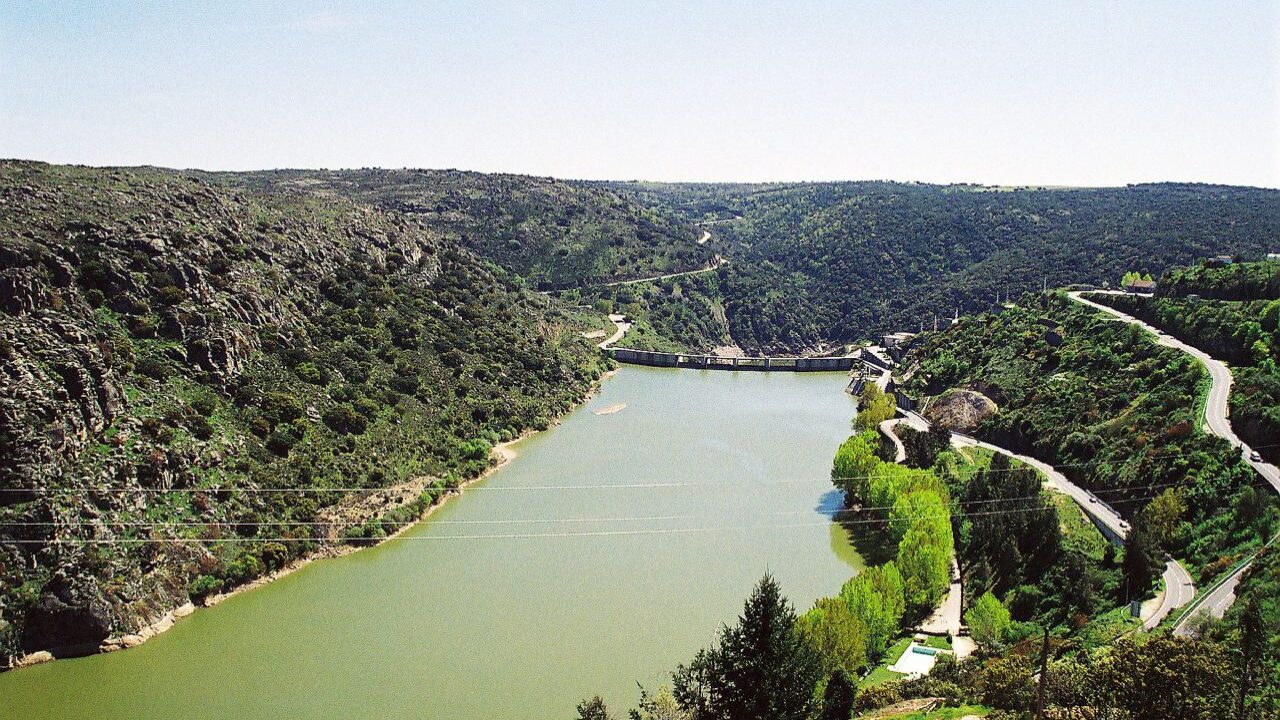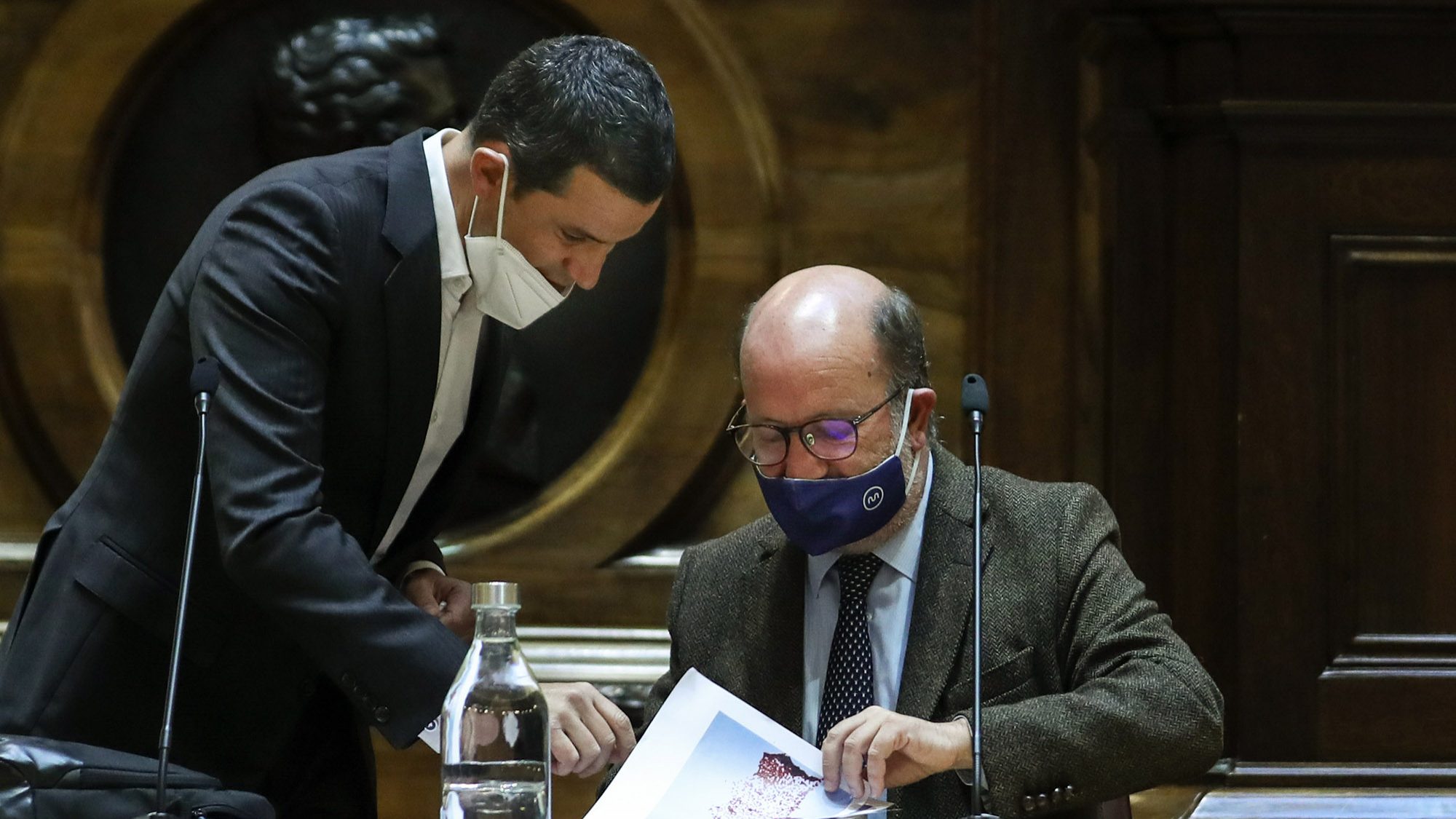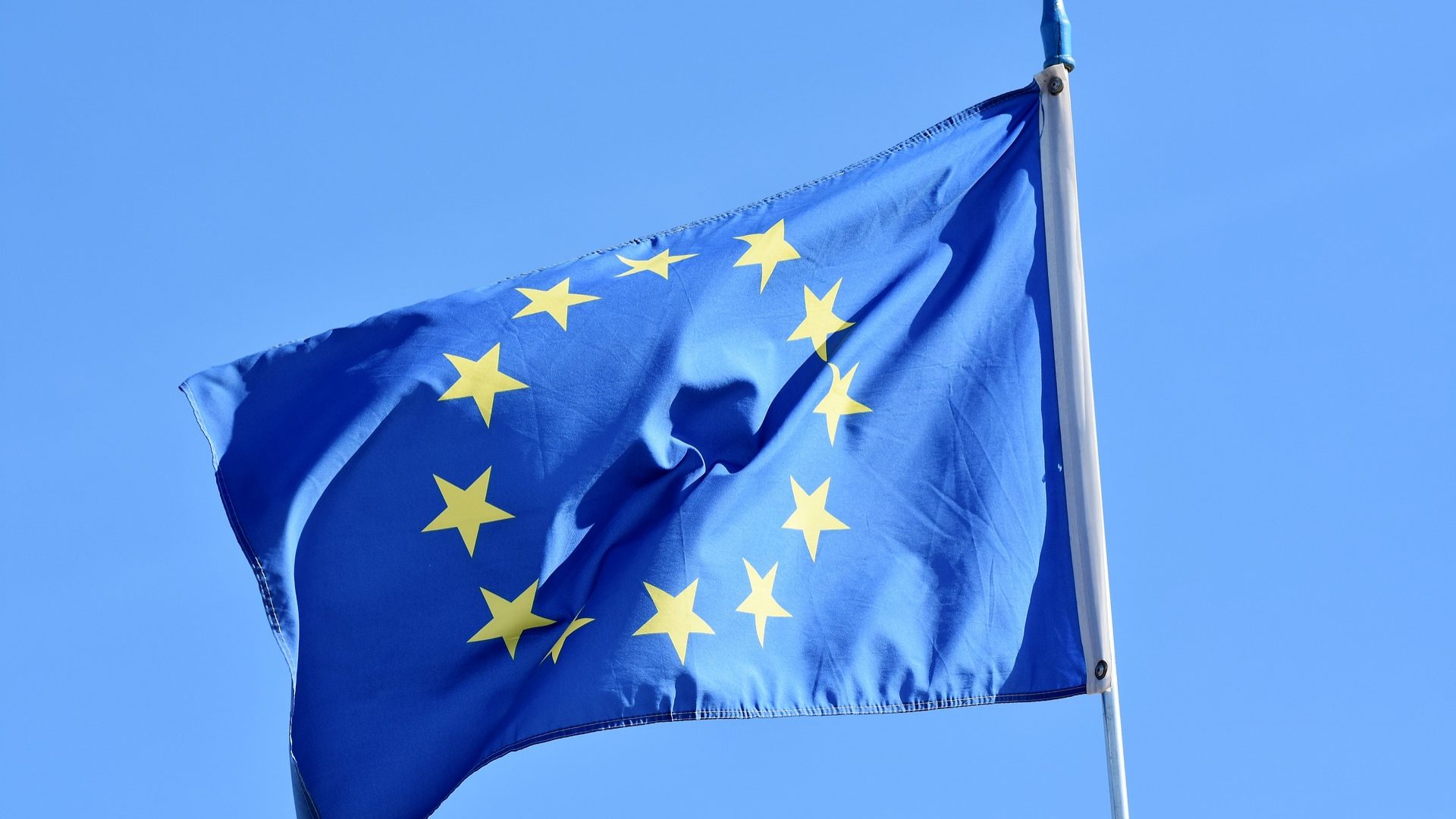Brussels assessing possible drought support
The European Union announced that it was in contact with the Portuguese authorities to examine possible support under the Common Agricultural Policy (CAP) to deal with the drought.
The European Commission said on Thursday indicated that it was in contact with the Portuguese national and regional authorities to examine possible support under the Common Agricultural Policy (CAP) to deal with the drought, which it said was a “catastrophe”.
“Within the framework of the Common Agricultural Policy, I am pleased to inform you that the Commission services are in contact with the Portuguese national and regional authorities to analyse the support that the CAP can provide to tackle this national catastrophe”, declared Commissioner Helena Dali, who represented the Community executive in a debate on the drought in the Iberian Peninsula held this morning in the European Parliament in Strasbourg.
Expressing concern over “the serious drought situation in the Iberian Peninsula and, in particular, the situation currently facing some areas in northern and central Portugal”, the Commissioner stressed several times that medium and long term policies must be developed, as “climate change will further increase water scarcity and the risks of drought”.
“This is why it is so crucial to accelerate the transition to sustainable and resilient systems and put our farmers on the path to climate neutrality. The new CAP offers opportunities to help the sector adapt, and the Commission encourages Portugal and Spain to make use of this possibility,” he said.
On behalf of the Commission, he, therefore, called on “national authorities, not only in the Iberian Peninsula but in all areas likely to be affected by drought, to establish sustainable, climate-resilient water management practices that fully reflect the available water resources and the needs of all users”.
“My understanding is that the Portuguese authorities are already defining national emergency solutions that can contribute to alleviating the worst drought experienced by Portugal in recent years and are also reflected in medium-term initiatives that will help the agricultural sector to better adapt and thrive under the changing environment,” she said.
However, the Commissioner acknowledged that it is also possible to act in the short term and listed “some of the most relevant lines of action through which the EU can provide support” to farmers, pointing out that “the Commission has always shown flexibility concerning advance payments” in unforeseen extreme situations, recalling that “there is also the possibility of using the EU Solidarity Fund to alleviate the drought situation in Portugal and Spain”.
Commissioner Dalli welcomed “the transnational Portuguese-Spanish cooperation on sustainable and climate-resilient management of cross-border rivers such as Minho, Lima, Douro, Tejo and Guadiana (…) and also the ongoing discussions on new joint collaboration projects between Spain and Portugal which facilitate joint responses and should materialise in a sustainable and climate-resilient management of water resources”.
In a debate in the Strasbourg Chamber after the PSD delegation requested an urgent debate on the situation in Portugal last week, Social Democrat MEP Alvaro Amaro warned that “farmers are despairing and many are already thinking of giving up farming”.
He said that the Commission should launch financial support measures in the short term, but outside the CAP, because these are support measures which, by right, belong to farmers. He suggested a “tax reduction on electricity and fuel for farmers”.
In a resolution adopted by a large majority, MEPs call on the Commission and the Council of Agriculture Ministers to take the necessary measures to mitigate the effects of the drought in Portugal and Spain, mainly on livestock and agri-food activities, at the request of the two governments.
“Other solidarity measures at European level will be debated and activated, if and when necessary”, he said, emphasising that “we must avoid that it is the poorest and most vulnerable who suffer the most serious consequences”.
“This is what the governments of Portugal and Spain have done in this circumstance, and this is what we must always continue to do, in local, regional, national, European and global responses to extreme weather phenomena,” he said, also welcoming “the strengthening of bilateral cooperation in the management of common watersheds under the Albufeira Agreement.”
According to the Portuguese Institute of Sea and Atmosphere (IPMA), in January, “there was a very significant worsening of the meteorological drought situation, with an increase in area and intensity, with the entire territory in drought at the end of the month, with 1% in weak drought, 54% in moderate drought, 34% in severe drought and 11% in extreme drought”.
Also, according to IPMA, concerning precipitation, January 2022 was the 6th driest since 1931 and the 2nd driest since 2000.


